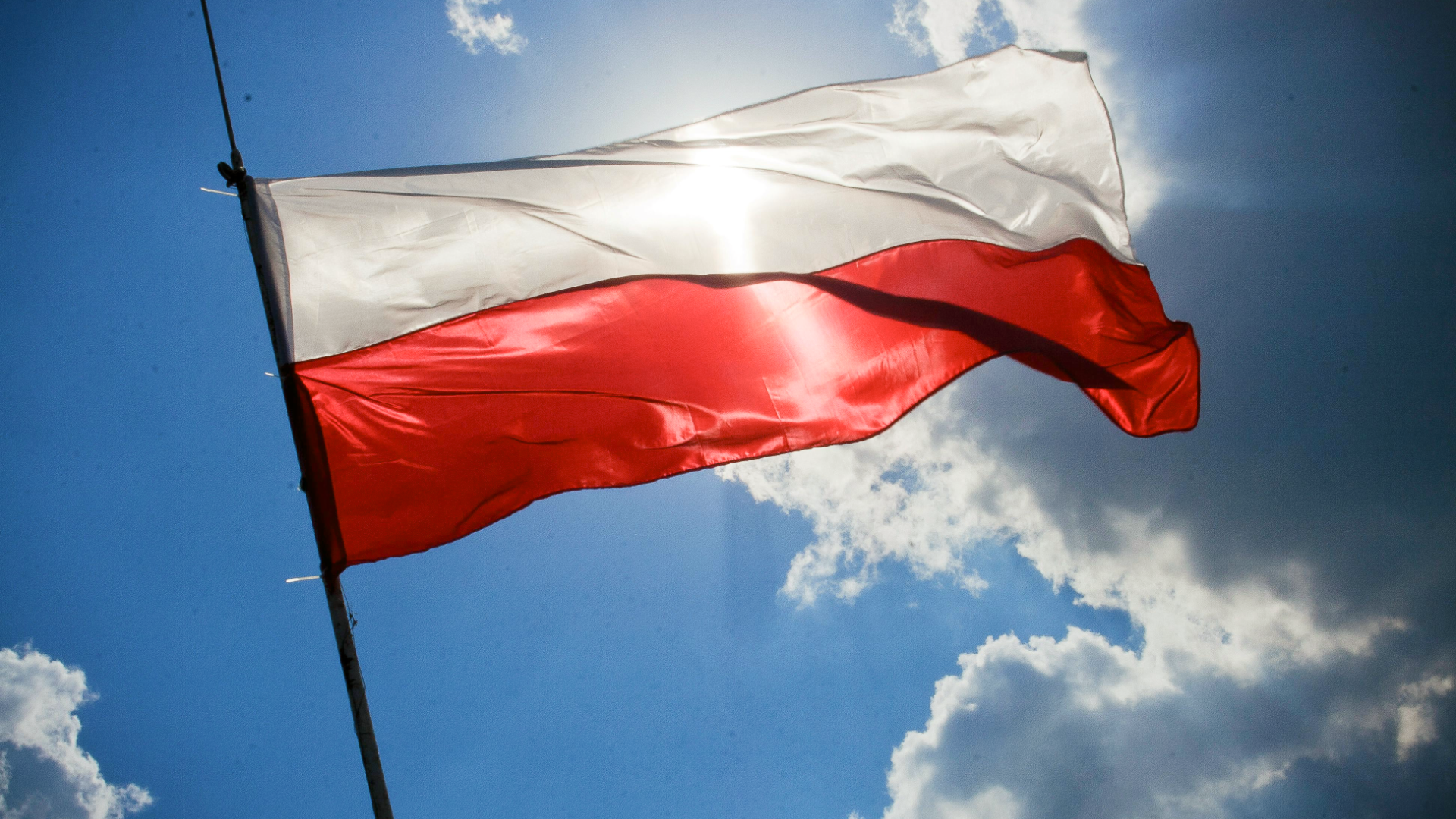Modern management is increasingly becoming an art of balancing – between pressure and mental resilience, between reaction and reflection. Global instability – from broken supply chains to talent shortages – puts companies in industry, commerce and crafts in perpetual crisis mode. But real change, as the latest approaches to leadership demonstrate, starts not with employees, processes or technology, but with leaders themselves.
Paradigm shift: the manager as a self-aware leader
Existing management models, based on hard KPIs and control structures, are proving too rigid in the face of multidimensional crises. It is becoming increasingly clear that effective leaders are those who are able to manage not only their team, but above all themselves – their emotions, reactions and energy.
Self-reflection, self-care, the ability to control one’s own decision-making patterns – these are not ‘soft skills’ today, but the hard foundations of organisational resilience. Companies with leaders with a high degree of self-awareness not only cope better with uncertainty, but also adapt to change more quickly, making more accurate and sustainable decisions.
Emotions versus efficiency
One of the main threats to rational leadership is emotional decisions made under the influence of stress, anxiety or anger. Especially in situations of time pressure or crisis – and there has been no shortage of these in recent years – managers often act impulsively, which reflects on team cohesion and the quality of business decisions.
The self-observation approach – whether a decision is driven by the need to avoid error or the ambition to achieve a goal – is becoming increasingly popular among modern leaders. It is not a coaching philosophy, but a way to sustainably improve the effectiveness of teams through greater clarity and consistency in decision-making.
Self-care as a competitive advantage
In many companies, leader self-care still sounds like a luxury – something optional, available only in theory. Meanwhile, market data clearly shows that managers who are overloaded, sleep deprived and working in constant crisis mode make worse decisions and their teams are less engaged and less innovative.
The rise of so-called wellbeing leaders is not just the result of HR trends. It is a response to specific threats to the productivity and adaptability of companies. Leader wellbeing translates directly into organisational culture and a team’s willingness to take risks, experiment and respond quickly to change.
Management starts from within
More and more organisations today – also in Poland – are investing in the development of leadership competences based on self-awareness and mental toughness. Self-leadership training, coaching programmes or feedback sessions are no longer an add-on, but an integral part of talent management policy.
The key question is: how is the leader perceived by his or her team? Is he or she a source of clarity and security or rather uncertainty and unpredictability? Consciously managing one’s image in the eyes of employees is as important today as controlling business indicators.
Leadership is a strategic competence
In times of uncertainty and protracted crises, those companies that are able to ensure the psychological and emotional readiness of their leaders gain the upper hand. Modern leadership is not about managing people, but managing oneself in such a way as to inspire and stabilise the team in a changing environment.
It is also a real competitive advantage: a stable, informed manager means less risk of turnover, greater team innovation and higher operational efficiency.
In practice, this means one thing – the era of ‘tough leaders’ is giving way to ‘conscious leaders’. And while it may not sound glamorous, this is where the future of effective management is born in a world where the only constant is change.












